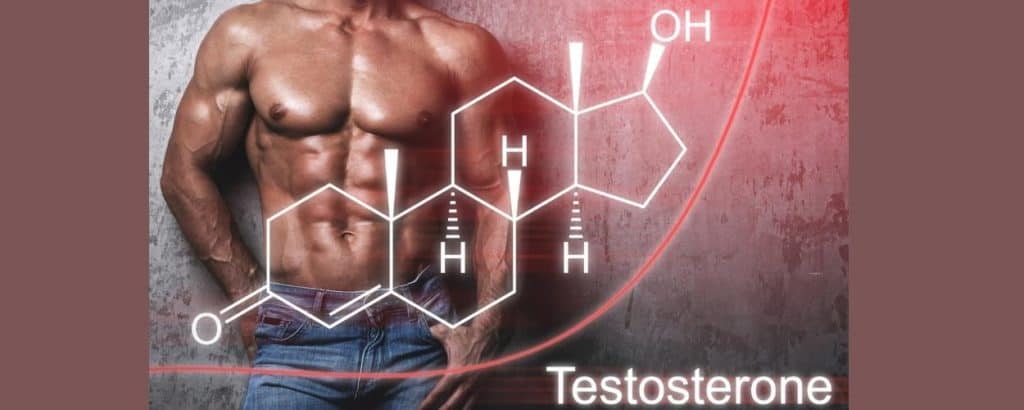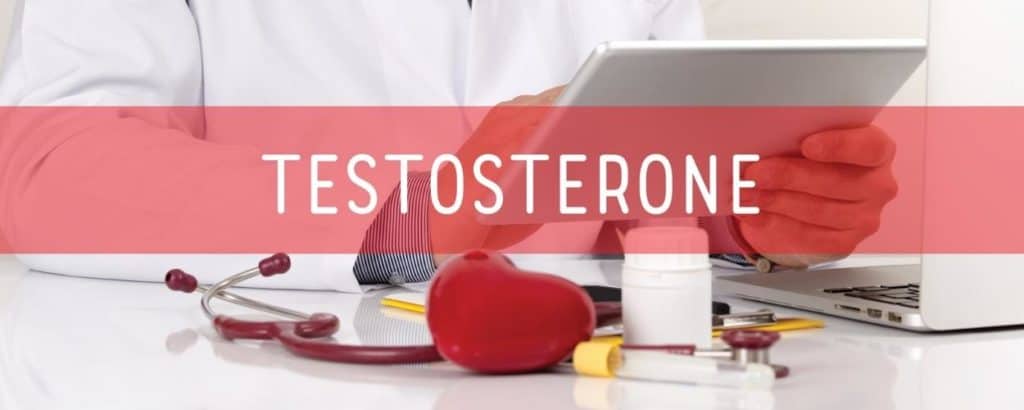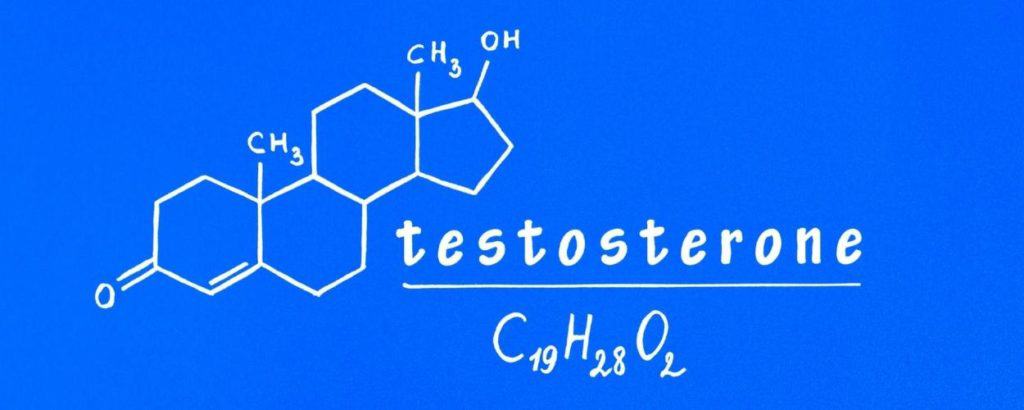
testosterone replacement therapy portland
testosterone replacement therapy options
So why is it that testosterone replacement therapy has not been universally accepted by men as well as its female counterparts? The first reason is that men still believe testosterone therapy will cause more cardiovascular disease. This belief has been put to rest. Lower testosterone levels can be corrected by reducing gut fat (called visceral fat). This will protect you from cardiovascular disease. Low testosterone levels are secondarily difficult to diagnose because of the wide acceptance of normal testosterone levels. It is amazing to see the range of testosterone levels that are acceptable for males aged 40- to 50 years. These levels can be anywhere from 250 to 9000 testosterone. This wide range of testosterone levels may mean that you might not need testosterone supplements even if your testosterone level is below 250. It is difficult to believe that a male who has a testosterone levels of 800 feels better than a male who has a testosterone concentration of 250.
The popularity of testosterone replacement therapy has grown over the last ten years. This is due to the fact that men are starting to recognize that they too go through a kind of menopause. Men who experience decreased energy, difficulty sleeping, difficulty concentrating, and decreased libido could be experiencing male menopause. As women may need hormone replacement therapy after menopause, hormone replacement therapy is becoming more popular among men. Contrary to women, who may require estrogen and progesterone together, men may need testosterone replacement therapy.
Are There Possible Side Effects of Treatment, and How Will You Mitigate Them?




